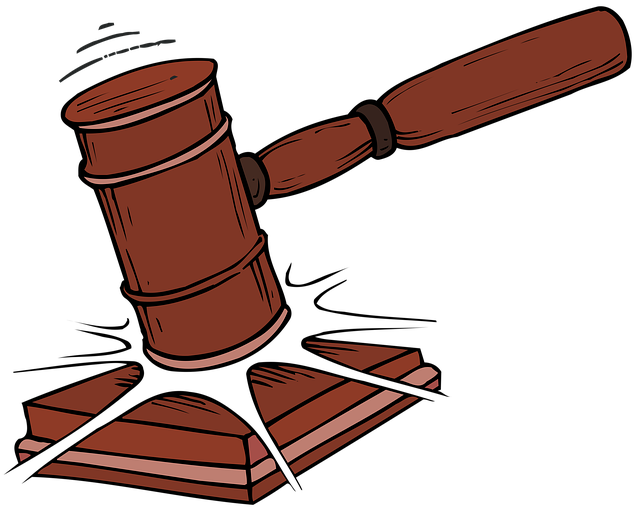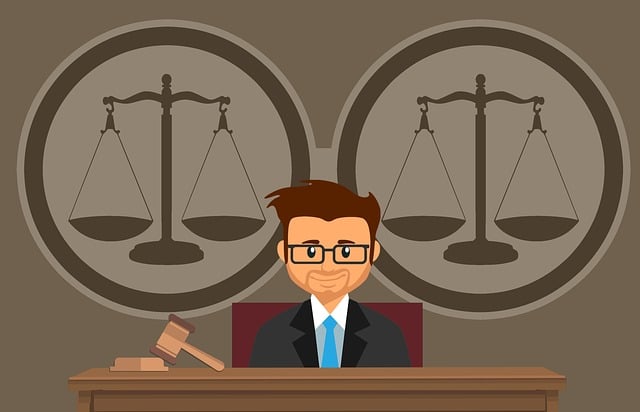Litigation Support Services are vital for complex legal cases, especially intellectual property (IP) disputes, where specialized lawyers navigate intricate laws regarding patents, trademarks, and copyrights. These services streamline processes like document management, electronic discovery, expert witness support, and trial preparation. In IP disputes, this assistance ensures meticulous detail handling, crafts compelling presentations, and influences outcomes extending beyond law into philanthropy and politics. Efficient case management through legal project management software enhances productivity and client outcomes for lawyers specializing in intellectual property disputes.
Litigation Support Services are indispensable in navigating complex legal battles, especially in Intellectual Property (IP) disputes. This comprehensive overview delves into the crucial role these services play, from providing expert analysis to enhancing case management efficiency. For lawyers specializing in IP disputes, understanding and leveraging these services can significantly strengthen their strategic positioning. By exploring tools and techniques, legal professionals can optimize their approach, ensuring robust representations in a highly competitive field.
- Understanding Litigation Support Services: A Comprehensive Overview
- The Role of a Lawyer in Intellectual Property Disputes
- Efficient Case Management: Tools and Techniques for Legal Professionals
Understanding Litigation Support Services: A Comprehensive Overview

Litigation Support Services play a pivotal role in legal proceedings, especially complex cases like intellectual property disputes handled by lawyers specializing in such matters. These services encompass a wide range of activities designed to streamline litigation processes and enhance efficiency. From document management and electronic discovery to expert witness services and trial support, each aspect contributes to a more effective and cost-efficient legal strategy.
Understanding the intricacies of these services is crucial for both legal professionals and clients. In the case of intellectual property disputes, where protections for patents, trademarks, and copyrights are at stake, specialized litigation support can be instrumental in navigating the complex web of laws and regulations. These services ensure that every detail is meticulously handled, evidence is thoroughly reviewed, and presentations are tailored to resonate with judges and juries across the country—a key factor in outcomes for cases that often extend beyond legal boundaries into philanthropic and political communities.
The Role of a Lawyer in Intellectual Property Disputes

In Intellectual Property Disputes, a lawyer plays an indispensable role in guiding clients through complex legal landscapes. These professionals possess a deep understanding of patent, trademark, and copyright laws, enabling them to navigate intricate cases involving inventions, creative works, and brand identities. They serve as advocates for their clients, ensuring their rights are protected throughout the litigation process.
A Lawyer for Intellectual Property Disputes must possess excellent analytical skills to assess the merits of a case, gather relevant evidence, and formulate effective legal strategies. Moreover, they represent both corporate and individual clients, advocating for their interests in courts and during negotiations. Their expertise extends beyond general criminal defense; they often work with philanthropic and political communities, safeguarding intellectual property related to non-profit ventures and public initiatives.
Efficient Case Management: Tools and Techniques for Legal Professionals

Efficient case management is a cornerstone for legal professionals, especially those handling complex intellectual property disputes. In today’s digital era, various tools and techniques empower lawyers to streamline their work and enhance client outcomes. Legal project management software enables attorneys to organize cases, track deadlines, and collaborate effectively with clients and colleagues across the country. This not only improves productivity but also ensures that every detail is considered, reducing the risk of avoiding indictment due to oversight.
Furthermore, case management systems facilitate secure document sharing and storage, allowing lawyers to access relevant files instantly. This efficiency is particularly beneficial for intellectual property cases, which often involve a vast array of legal documents and evidence. By leveraging these technologies, lawyers can better serve their clients in the philanthropic and political communities, navigating intricate disputes with precision and agility.
Litigation Support Services play a pivotal role in modern legal practice, especially in complex cases like Intellectual Property disputes. By leveraging efficient case management tools and techniques, lawyers for intellectual property disputes can navigate intricate legal landscapes with greater ease. Understanding these services ensures optimal strategies, streamlined processes, and ultimately, successful outcomes. This comprehensive overview highlights the significance of such support, empowering legal professionals to excel in their roles.






